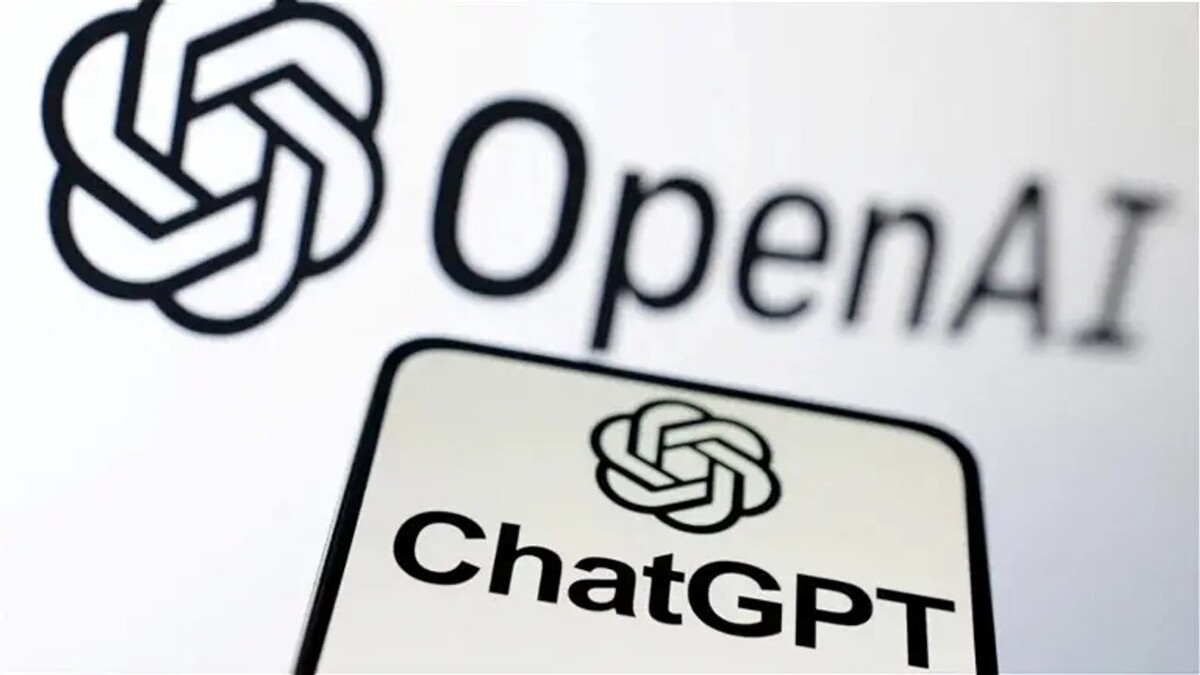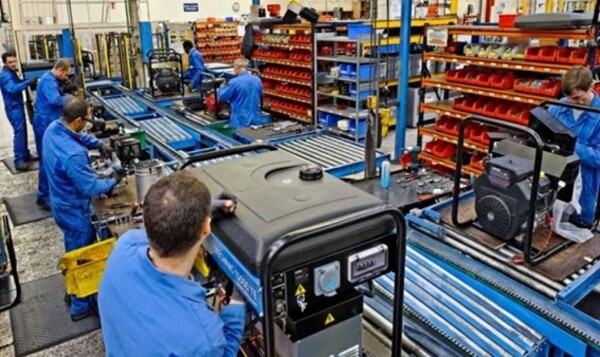
According to a study conducted by Randstad, 51% of Argentine workers believe that artificial intelligence (AI) will make their jobs easier. Furthermore, many employees feel that employers are lagging in implementing this technology. According to the Talent Shortage, AI and Equity report, 41% of respondents think their employers are behind in adopting AI, and 47% believe that they could gain more benefits if this tool were used more in the workplace.
AI is having a significant impact on how work tasks are performed and the skills demanded by organizations. In this context of transformation, Randstad emphasizes the importance of ensuring equitable access to the necessary skills to avoid the emergence of new labor gaps.
Andrea Ávila, CEO of Randstad for Argentina, Chile, and Uruguay, pointed out that AI is becoming increasingly common in the workplace, driven by organizations as well as by the workers' own interest in experimenting with these tools. In a talent shortage scenario, it is essential to address training in digital and AI skills to prevent inequalities from intensifying.
Regarding workers' perceptions of AI, the study reveals that 48% believe this technology will make their work more interesting. With respect to learning AI, 41% find it easier to familiarize themselves with generative technologies like ChatGPT or DALL-E than with traditional tools like MS Office or Adobe Suite.
Despite the advantages that AI offers in the workplace, it is necessary to pay attention to inclusion and equity in its implementation, as well as the training provided to employees. Only 35% of respondents believe that their employer offers sufficient training opportunities in AI, and 33% are concerned about the negative impact this technology may have on their work.
In conclusion, the importance of active intervention by organizations and states to address the growing demand for AI skills and the equity gap that this technology can create in the workplace is highlighted.














